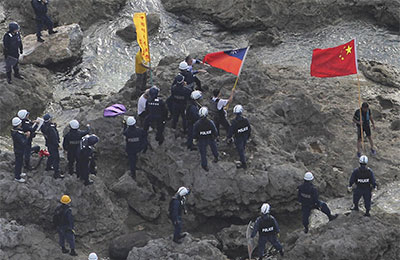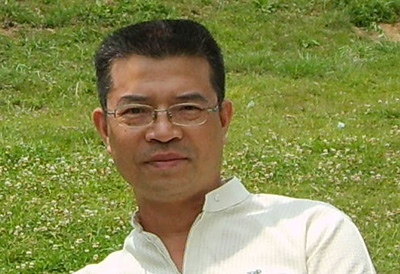
Japan releases Chinese journalists–China’s up next
It’s not often we at CPJ find ourselves calling on other countries to release Chinese journalists from detention. But that’s just what happened yesterday. Hong Kong-based Phoenix TV contacted us to say that two of their journalists were among a group of 14 arrested by Japanese authorities over a disputed territory in the East China…
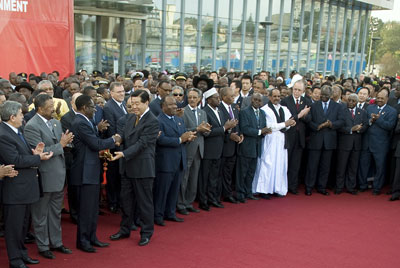
China not most censored, but may be most ambitious
China didn’t make the cut for our 10 most censored countries. While the Chinese Communist Party’s censorship apparatus is notorious, journalists and Internet users work hard to overcome the restrictions. Nations like Eritrea and North Korea lack that dynamism.
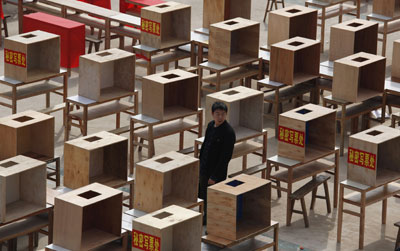
On board the election bus in China’s Wukan
Village elections taking place this weekend in southern Guangdong province’s Wukan illustrate the strengths and weaknesses of China’s media control. Censorship measures have not prevented strong domestic and international coverage of the democratic process. But has official tolerance of dissenting views increased since leaders cracked down on the attempted Jasmine revolution last year? Or is…

‘Invisible Tibet’ blogger elicits China’s extra-judicial ire
Beijing-based blogger Woeser reported on her website Invisible Tibet today that she has been confined to her residence by Beijing public security officers who are stationed outside her home. Woeser, an outspoken critic of Chinese government policies in Tibet, has written about a series of recent self-immolations among monks and arrests of writers in western…
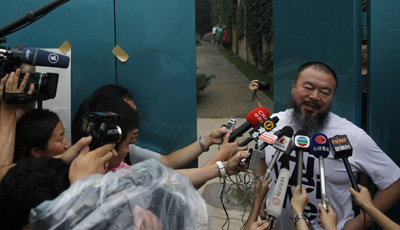
Attacks on the Press: China Holds Fast to Information Control
Internet users posed ever-bigger challenges to Beijing’s media controls, boosting debate on public safety and censorship. But ahead of a 2012 leadership transition, the Chinese Communist Party looks likely to fiercely suppress dissent. By Madeline Earp
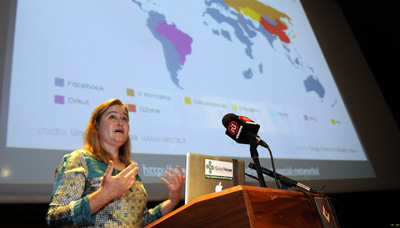
Does the Internet boost freedom? We decide, book says
The Internet doesn’t bring freedom. Not automatically, anyway. That’s one of the main messages of Rebecca MacKinnon’s new book, Consent of the Networked, which had its New York launch at the offices of the New America Foundation last night. In a conversation with CNN managing editor Mark Whitaker, MacKinnon, a CPJ board member, said it’s…
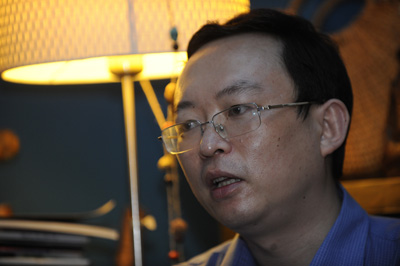
Under pressure at home, Chinese writer chooses exile
New York, January 13, 2012–The decision of prominent Chinese writer Yu Jie to seek exile in the United States this week is an indication of the intensifying hardships that face dissidents who criticize Communist Party rule, the Committee to Protect Journalists said today.
